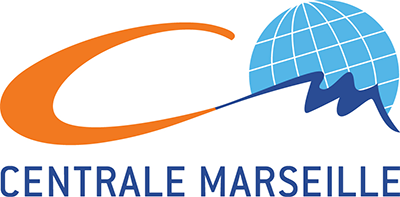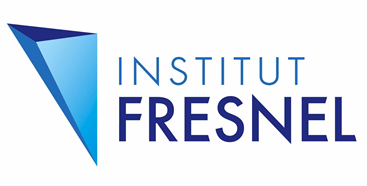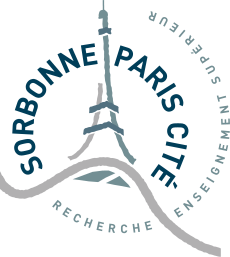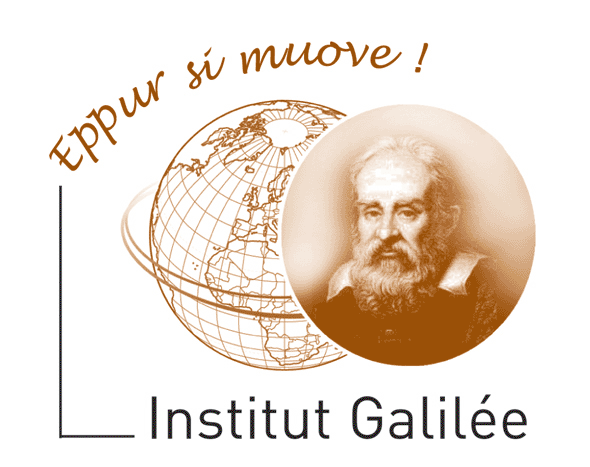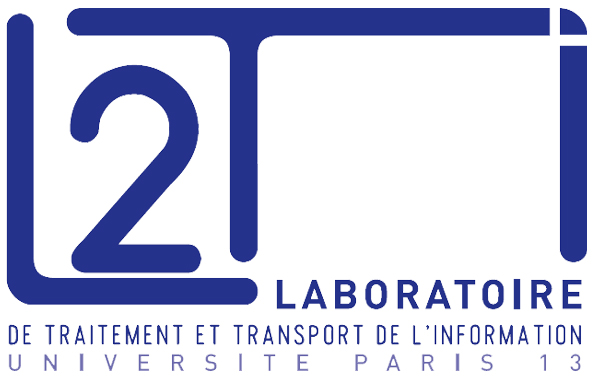Speaker 1 : Stefan Winkler
University of Illinois’ Advanced Digital Sciences Center (ADSC),Singapore
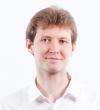
Title: Photowork: Improving Interaction with Digital Photo Libraries
Abstract
Ubiquitous and affordable digital cameras have enabled users to take pictures and film videos everywhere and anytime. This has led to an explosion of the amount of image material both amateurs and professionals have to work with. Photowork, i.e. assessing, selecting, editing, organizing, annotating, and browsing this large amount of visual data is a tedious and time- consuming process, as it involves a lot of manual labor with only minimal computational support available to users. In this talk, I will discuss our work on automating various photowork processes. This includes novel algorithms for picture comparison, selection, and organization, as well as new methods for interacting with photo collections, designed to improve user experience in these tasks. Our approaches are content-based and focus in particular on family photo collections, where people and their relationships play a major role, making the problem more difficult than considering solely image quality or aesthetics.
Biography
Stefan Winkler is Distinguished Scientist and Director of the Video & Analytics Program at the University of Illinois’ Advanced Digital Sciences Center (ADSC) in Singapore. Prior to that, he co- founded a start-up, worked for a Silicon Valley company, and held faculty positions at the National University of Singapore and the University of Lausanne, Switzerland. Dr. Winkler has a Ph.D. degree from the Ecole Polytechnique Fédérale de Lausanne (EPFL), Switzerland, and a Dipl.-Ing. (M.Eng./B.Eng.) degree from the University of Technology Vienna, Austria. He has published over 100 papers and the book “Digital Video Quality.” He is an Associate Editor of the IEEE Transactions on Image Processing, a member of the IVMSP Technical Committee of the IEEE Signal Processing Society, and Chair of the IEEE Singapore Signal Processing Chapter. He has also contributed to video quality standards in VQEG, ITU, ATIS, VSF, and SCTE. His research interests include video processing, computer vision, perception, and human-computer interaction.
______________________________________________________________________________________________________
Speaker 2 : Abdelhak M. Zoubir
Technische Universität Darmstadt, Germany
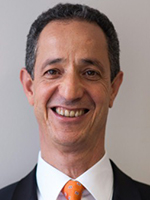 Title: Advances in Through-Wall Radar Imaging
Title: Advances in Through-Wall Radar Imaging
Abstract:
Automatic detection of Humans and objects behind visually opaque materials is an extremely important task with numerous civilian and military applications. For example, in police and firefighter missions or search and rescue operations, one is interested in detecting buried survivors after an earthquake or detecting concealed weapons and explosives. Through-Wall Radar Imaging (TWRI) is an emerging technology with an enormous potential for applications such as the ones above and beyond. TWRI involves cross-disciplinary research in electromagnetic propagation, antenna and waveform design, wall compensation, and image and signal processing. The talk puts in perspective how to discern the presence of indoor targets and proposes effective methods for their discrimination and classification. The algorithms presented are not target or class of target specific, but rather applicable to a variety of targets, and are validated by experimental data. We will also discuss how compressive sensing (CS) can achieve various radar sensing goals and objectives, and how it compares with the use of full data volume. Different radar specifications and configurations will be used. In particular, we will address CS for urban radars towards achieving exploitation of multipath. All of the above issues will be examined using real data.
Biography
Abdelhak M. Zoubir is a Fellow of the IEEE and IEEE Distinguished Lecturer (Class 2010- 2011). He received his Dr.-Ing. from Ruhr-Universität Bochum, Germany in 1992. He was with Queensland University of Technology, Australia from 1992-1998 where he was Associate Professor. In 1999, he joined Curtin University of Technology, Australia as a Professor of Telecommunications. In 2003, he moved to Technische Universität Darmstadt, Germany as Professor of Signal Processing and Head of the Signal Processing Group. His research interest lies in statistical methods for signal processing with emphasis on bootstrap techniques, robust detection and estimation and array processing applied to telecommunications, radar, sonar, automotive monitoring and safety, and biomedicine. He published over 400 journal and conference papers on these areas. Professor Zoubir served as General Chair and Technical Chair of numerous international IEEE conferences, most recently he was the Technical Co-Chair of ICASSP-14 held in Florence, Italy. Dr. Zoubir also served on publication boards of various journals and he served a three-year term as Editor-In-Chief of the IEEE Signal Processing Magazine (2012-2014). He was Chair (2010-2011), Vice-Chair (2008-2009) and Member (2002-2007) of the IEEE SPS Technical Committee Signal Processing Theory and Methods (SPTM). He was a Member of the IEEE SPS Technical Committee Sensor Array and Multi-channel Signal Processing (SAM) from 2007 until 2012. He also serves on the Board of Directors of the European Association of Signal Processing (EURASIP) (2009-2016) and on the Board of Governors of the IEEE SPS (2015-2017). He is the President-Elect of EURASIP, starting his term in January 2017.
Important Dates
| Submission |
May 31, 2016 (extended) |
| Notification | July 15, 2016 |
| Camera Ready | Aug. 15, 2016 |
| Workshop | 25 - 27 Oct. 2016 |

